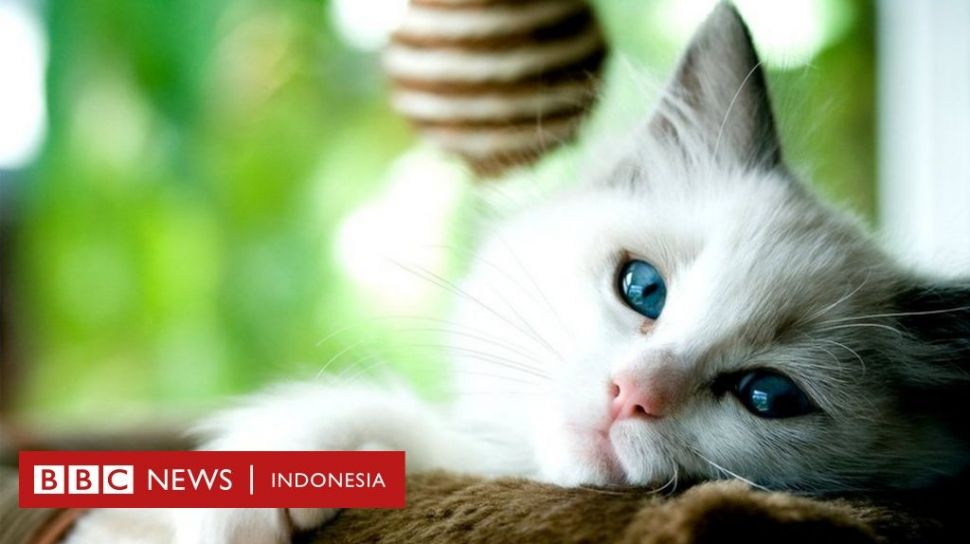Suara.com – Scientist in Scotland identified two cases of Covid-19 in cats that are thought to be transmitted by humans.
Researchers at the University of Glasgow said both cats became infected with the virus after their owners contracted it.
The two cats are from different breeds and live in separate houses. One cat is showing mild symptoms but the others should be turned off.
Scientists now want to find out more about whether domesticated animals could play a role in infecting humans.
Also Read:
World Veterinary Day, This Role During the Covid-19 Pandemic
The case was discovered as part of a UK cat population screening program.
Researchers believe the two pets were infected by their owners, who developed symptoms of Covid-19.
Study published in scientific journals Veterinary Record said there was currently no evidence of cat-to-human transmission or that cats, dogs or other pets played an important role in the epidemiology of Covid-19 infection in humans.
But scientists say pets have the potential to become “reservoir virus“which allows for continuous transmission, and it is important to better understand the role of pets in infecting humans.
‘Relatively low risk’
Prof Margaret Hosie of the University of Glasgow’s MRC Virus Research Center, who was the lead investigator on the study, said: “These two cases of human-to-animal transmission, which were found in the cat population in the UK, show why it is important for us to improve our understanding of Sars-CoV-2 infection in animals.
Also Read:
Scientists collect underwear to bury, this is the goal
“Currently, the risk of animal-to-human transmission is relatively low for public health where human-to-human transmission is still high.”
“However, as human cases have decreased, the prospect of animal-to-animal transmission has become increasingly important as a potential source of Sars-CoV-2 reintroduction to humans.”
He added: “It is therefore important to understand whether exposed animals can play a role in transmission.”
Researchers at the research institute are working in partnership with the Veterinary Diagnostic Service (VDS) at the University of Glasgow School of Veterinary Medicine on this study.
The first cat was a four-month-old Ragdoll female kitten from the home where the owner had symptoms consistent with Covid-19 at the end of March 2020, although it was not tested.
The kitten was brought to veterinarian due to difficulty breathing in April 2020 but his condition worsened and then had to be switched off.
Post-mortem lung samples revealed damage consistent with viral-induced pneumonia and there was evidence of Sars-CoV-2 infection.
Symptoms are mild
The second cat is female Siamese cat is six years old from a house where one of the owners has tested positive for Covid-19.
The cat was taken to the vet with a runny nose and conjunctivitis, but the symptoms remained mild and the cat later recovered.
Covid-19 infection was confirmed in a retrospective survey of swab samples sent to VDS between March and July 2020 for routine pathogen testing.
Scientists believe that both cases are likely to underestimate the true frequency of human-to-animal transmission, because animal testing is limited.
Since the pandemic began there have been numerous reports of cats from Covid-19 positive homes in several countries including Hong Kong, Belgium, the United States, France and Spain, which have also tested positive for Covid-19 and are suspected of being infected from their owners.
Prof James Wood, head of the Department of Veterinary Medicine at the University of Cambridge said: “This is an important and interesting finding, adding to the evidence that humans can infect their pets, in some cases, like here, causing clinical disease in animals.
“Cats and dogs have been reported to be infected. This is a high-quality study, which includes whole genome sequencing to confirm the transmission link.”
This study was funded by the Wellcome ISSF Covid Response Fund and supported by the Medical Research Council.
– .


